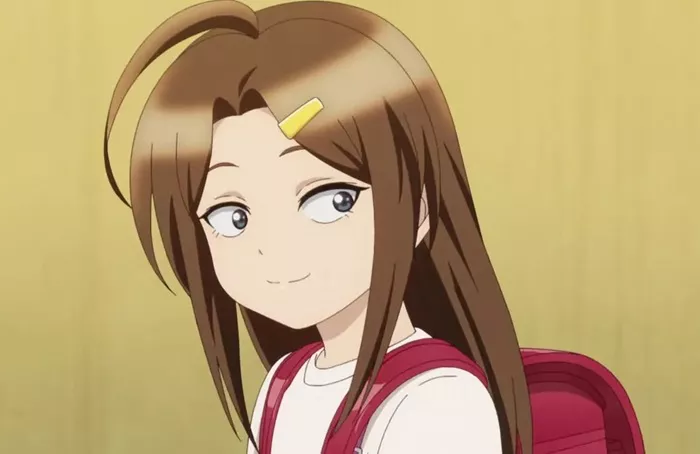As the Fall 2024 anime season unfolds, several captivating new series have captured the attention of fans. Among them is “TsumaSho,” officially titled “Tsuma, Shōgakusei ni Naru,” which translates to “My Wife Will Become an Elementary School Student.” Despite its unfortunate title, the series offers a poignant narrative that intertwines themes of love, grief, and reincarnation, setting it apart as a chief tearjerker of the season.
Misleading Implications of the Title
The title “TsumaSho” has raised eyebrows due to its literal translation, suggesting an adult character married to a child. However, this interpretation misrepresents the series’ true essence. The story revolves around Keisuke Niijima, a man mourning the loss of his wife, Takae, who tragically died in a car accident, leaving him and their daughter, Mai, heartbroken. Their lives take an unexpected turn when they meet Marika Shiraishi, an elementary school student who claims to be the reincarnated form of Takae.
A Unique Take on Reincarnation
Marika proves her connection to Takae by recalling intimate memories known only to her. In her new life as a young girl, Marika helps Keisuke and Mai navigate their grief, encouraging them to embrace new beginnings. The series deftly explores complex emotions, urging Keisuke to consider finding love again, while also pushing Mai to explore her own youthful experiences.
Critically, “TsumaSho” stands in stark contrast to typical anime narratives, distancing itself from the controversial implications suggested by its title. The show highlights the journey of healing and personal growth, demonstrating that the themes of love and loss are at its core.
Is TsumaSho an Isekai?
While some might categorize “TsumaSho” as part of the popular isekai genre due to its reincarnation theme, it does not fit the traditional definition. Takae is not reborn into a different world; instead, she returns to the same life, which complicates her relationship with her past and present families. Unlike “Sword Art Online,” which features characters transported into a video game world, “TsumaSho” focuses on emotional and psychological dynamics, rather than fantasy adventure tropes.
Addressing Deep Themes in Anime
“TsumaSho” diverges from mainstream anime’s action-driven narratives, opting for a thoughtful exploration of trauma and unprocessed grief. Following Takae’s death, both Keisuke and Mai struggle to cope, with their lives stagnating in sorrow. The series portrays the impact of grief on familial relationships, demonstrating the difficulty of moving forward even with Takae’s reincarnation.
The challenges of reestablishing connections are amplified as Mai confronts her feelings when her father seeks new love. Furthermore, Marika faces her own struggles with her new life, including dealing with an abusive home environment, complicating her desire to reunite with her original family.
Conclusion
“TsumaSho” is a standout series for the Fall 2024 anime season, tackling topics often sidestepped in typical slice-of-life and romance genres. It offers a heartfelt narrative that resonates with audiences seeking depth and sincerity. Despite its controversial title, the series stands as an essential viewing experience, exploring significant themes of love, loss, and the complexities of familial relationships.
Related Topics
Dragon Ball Daima: A New Chapter in the Legendary Franchise
10 Best and Most Rewatchable Anime Series of the 2000s
Demon Slayer: Kimetsu no Yaiba – A Global Anime Sensation

